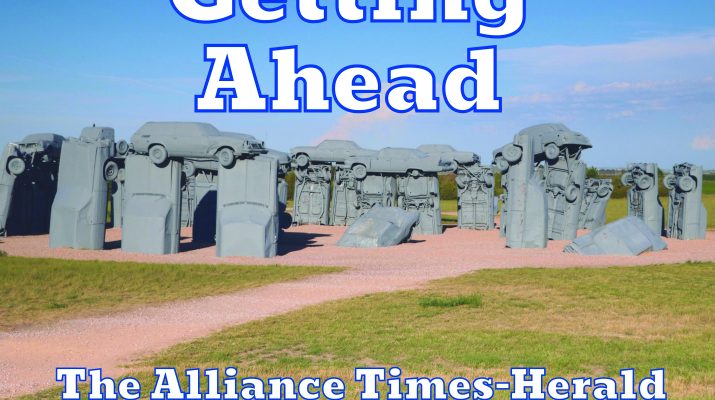This week the United States celebrated Labor Day. Was this an excuse for another long weekend, or are we really be celebrating workers? Why has labor union membership declined to 10% if labor is so important that it gets its own holiday?
After the Civil War, our nation began a rapid industrialization. Until then we imported manufactured goods from Europe. The number of workers in manufacturing, mining, and transportation gradually grew until it surpassed the number in agriculture in 1900. Farmers moved to cities for these newly created jobs, and immigrants came from all over the world, especially Europe, to fill the need for labor.
Businesses kept growing, becoming giant corporations like Standard Oil (making John D. Rockefeller the wealthiest man in the world). Our nation’s economy boomed as well. We had a group of “robber barons” raking in huge profits.
But not everyone benefited equally from the economic expansion that came with industrialization. Certainly not the men, women, and children who operated machines in the factories that were springing up from the Mississippi River to the Atlantic Ocean. The business owners and their shareholders may have amassed great wealth, but their workers were not sharing in any of the benefits of the new economy.
Until the 1930’s the government supported businesses over labor. In 1893 our nation was in a major economic depression. Railroads stopped purchasing Pullman cars. The Pullman Company, headquartered in Chicago, ran a company town where they rented homes and sold supplies to all their workers. The company laid off workers and lowered wages, but did not lower rents and raised utility rates in the Pullman town. On May 11, 1894, 4000 factory employees went on strike. Eventually the strike expanded to include about 250,000 railroad employees.
Pullman was wealthy enough that he could afford a drawn-out fight. He could also influence politicians, including President Grover Cleveland.
Finally federal troops were sent to make sure the trains ran. They broke up the Pullman strike, killing about 70 workers. The strike ended July 20, 1894. Eugene V. Debs, the strike leader, went to prison. Across the United States railroad workers who had gone on strike were fired.
In an effort to conciliate organized labor after the strike, President Grover Cleveland and Congress designated Labor Day as a federal holiday to be celebrated the first Monday in September. Legislation for the holiday, first proposed in 1882, was pushed through Congress six days after the strike ended.
Not everything had changed, though. Deaths in the Colorado Coalfield War in 1914 were anywhere from 69-199. 1,200 coal miners lived in a tent city in Ludlow, Colorado. They went on strike in 1913 to protest terrible working conditions. In April, 1914, the Colorado National Guard and mining company guards attacked the tents, and federal troops were sent it. Strikers got no concessions.
Unions finally gained government support during the Great Depression and Roosevelt’s New Deal of the 1930’s. The National Labor Relations Act ensured the rights of workers to organize into unions and to go on strike. The Fair Labor Standards Act gave us minimum wage, a 40-hour work week, overtime pay, and ended child labor.
From 1950-1979, about one-third of America’s workers were members of a labor union, peaking at 21 million. Now that number has dropped, to only about 10% in 2023. (Bureau of Labor Statistics) Why the decrease?
Some argue that the government provides protections for workers, so unions are no longer necessary. Some argue that government policies no longer protect workers, especially when they go on strike. Many states, including Nebraska, have passed Right-to-Work laws, which prevent employers, after negotiating collective bargaining agreements with unions, from giving union members any benefits over non-union members.
U.S. corporations actively discourage workers from joining unions. Even though the National Labor Relations Act forbids retaliation, businesses fire employees and close locations when unions conduct membership drives. The federal government has levied little or no penalties when the law is violated.
The result? We see greater income inequality every year. Companies amass huge profits, and those are divided among their executives, their shareholders, and their founders. Jeff Bezos, founder of Amazon, is worth $189.8 billion. Elon Musk, of SpaceX, X, and Tesla fame, is worth $239 billion. Their companies fight against unions in every one of their facilities. Apparently they cannot afford to share the wealth with the people who do the work.

